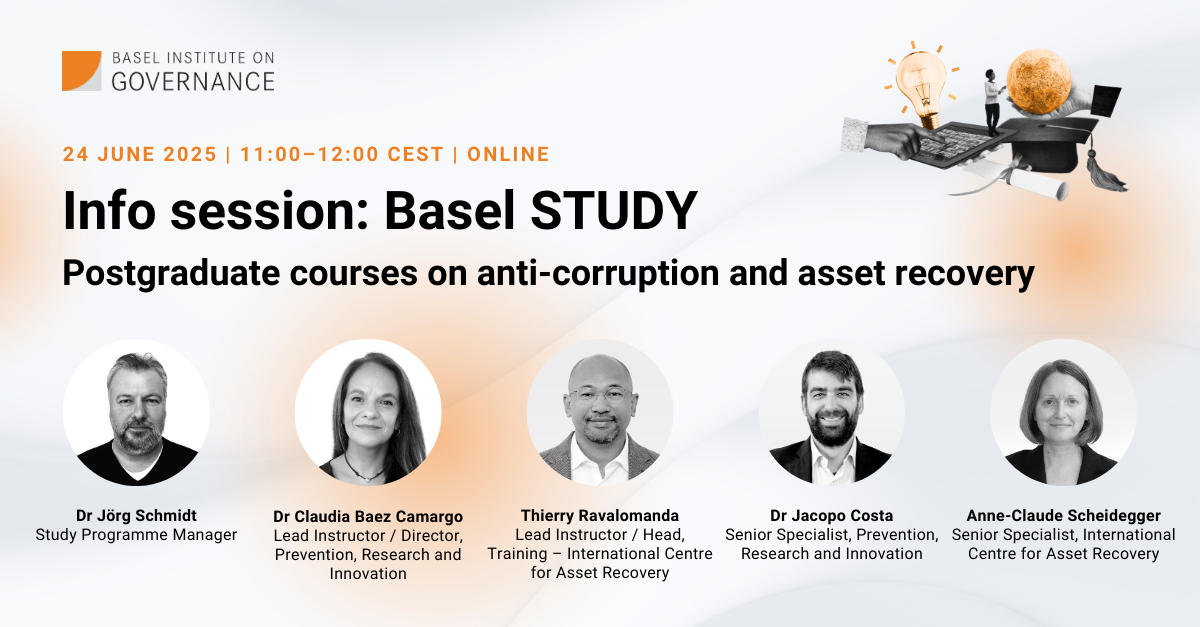A major blockage in financial crime cases lies in the space between intelligence and investigations. All too often, crucial financial intelligence from Financial Intelligence Units isn’t used effectively to trigger or advance investigations.
One reason lies in the quality of the financial intelligence reports themselves, which may not match what investigators and prosecutors need. A related reason lies in poor cooperation between different agencies involved in the fight against financial crime.

